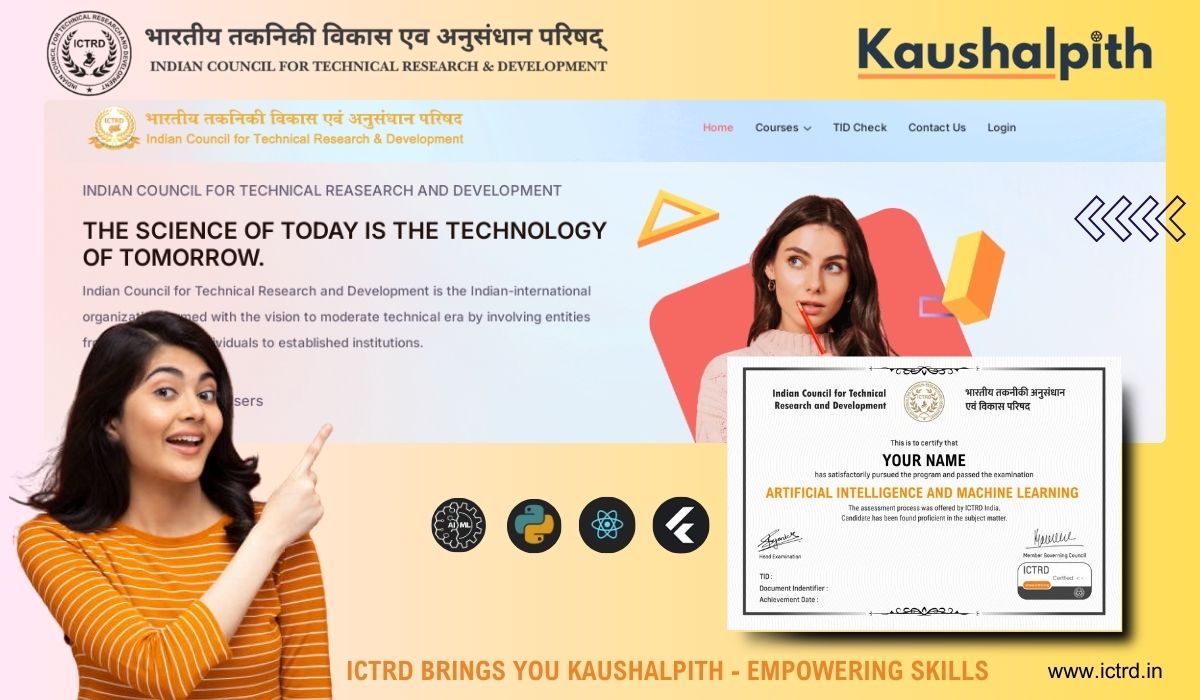In a groundbreaking leap for reproductive science, the development of lab-grown sperm and eggs is poised to transform the future of family creation. The technology, known as in-vitro gametogenesis (IVG), has made remarkable strides, offering new hope not only for those struggling with infertility but also for parents who might one day be able to “design” their future children by selecting traits.
The Science Behind IVG
IVG is a process in which scientists create sperm and eggs from skin or blood cells, bypassing the traditional method of sexual reproduction. This innovation holds immense potential, particularly for those who face challenges conceiving naturally, such as same-sex couples, older individuals, or those with certain medical conditions that hinder fertility. Beyond helping those who cannot conceive, however, IVG opens up possibilities for parents to select specific genetic traits for their offspring.
The Promise of Genetic Control
One of the most compelling aspects of IVG is the ability for parents to choose genetic traits. Traits such as physical appearance, intelligence, and even resistance to certain diseases could be selected, allowing parents to design their children’s future with unprecedented precision. Proponents argue that this could significantly reduce the occurrence of genetic disorders, offering healthier, more robust generations to come. For many, it represents a new frontier of reproductive freedom, providing individuals and couples the ability to have biological children regardless of personal or medical circumstances.
Also Read: Yotta Unveils myShakti: India’s First Sovereign B2C Generative AI Chatbot
Ethical Concerns and the Risk of Eugenics
However, with these advancements come significant ethical dilemmas. Critics caution that the ability to select traits in children may dangerously edge into eugenics—an attempt to “improve” the human race by eliminating certain traits. Additionally, if the technology becomes expensive, it could widen the gap between those who have access to genetic enhancements and those who cannot afford them, deepening existing societal disparities.
Moreover, there are serious concerns regarding the long-term health implications of designing children. What unforeseen consequences might arise from manipulating the genetic code? Could these enhancements lead to unforeseen health risks or societal inequality?
Current Limitations and Future Prospects
Despite the exciting potential of IVG, experts emphasize that the technology is still in its early stages. Most studies have been conducted on animals, with human trials years away from becoming a reality. In addition, the regulatory and ethical frameworks required to govern this technology are still in their infancy, leaving many questions unanswered about how IVG should be used and regulated.
Nonetheless, the race to perfect artificial sperm and eggs continues, driven by the possibility of transforming reproductive medicine. If successful, it could bring hope to millions, offering a revolutionary solution for infertility while challenging our current understanding of family, genetics, and human evolution.
Balancing Scientific Progress with Moral Responsibility
As the field progresses, society must grapple with the moral and ethical implications of this new technology. While IVG may offer remarkable benefits, it also brings forth challenges that require careful consideration. The future of reproduction may be on the brink of a major transformation, but we must balance scientific advancements with our responsibility to ensure that these technologies serve the greater good. The questions raised by IVG will shape not only the future of family creation but also the ethical framework within which future generations will live.
Also Read: ITC Hotels के शेयर सेंसेक्स सहित BSE के 23 इंडेक्सों से हुए बाहर











